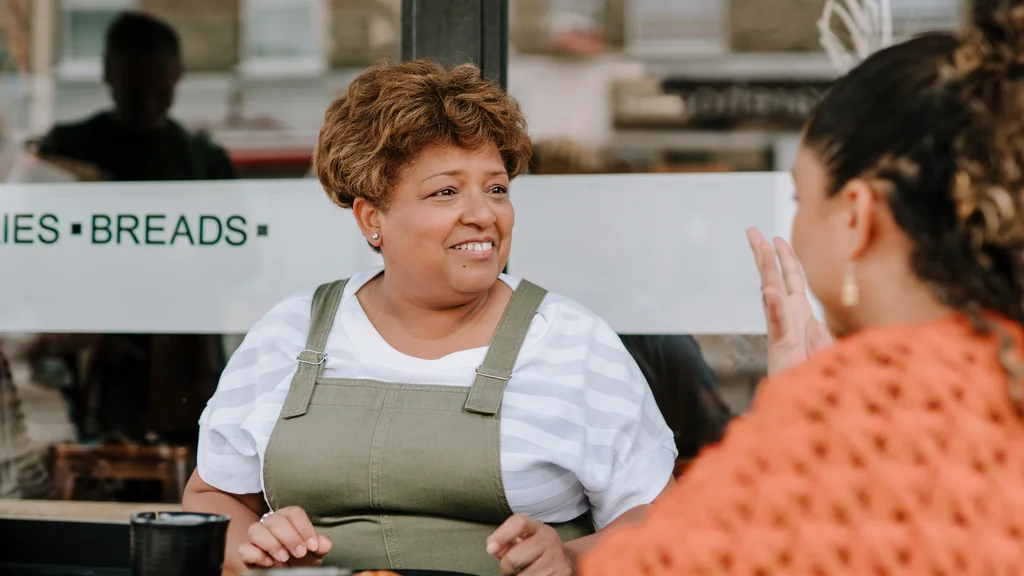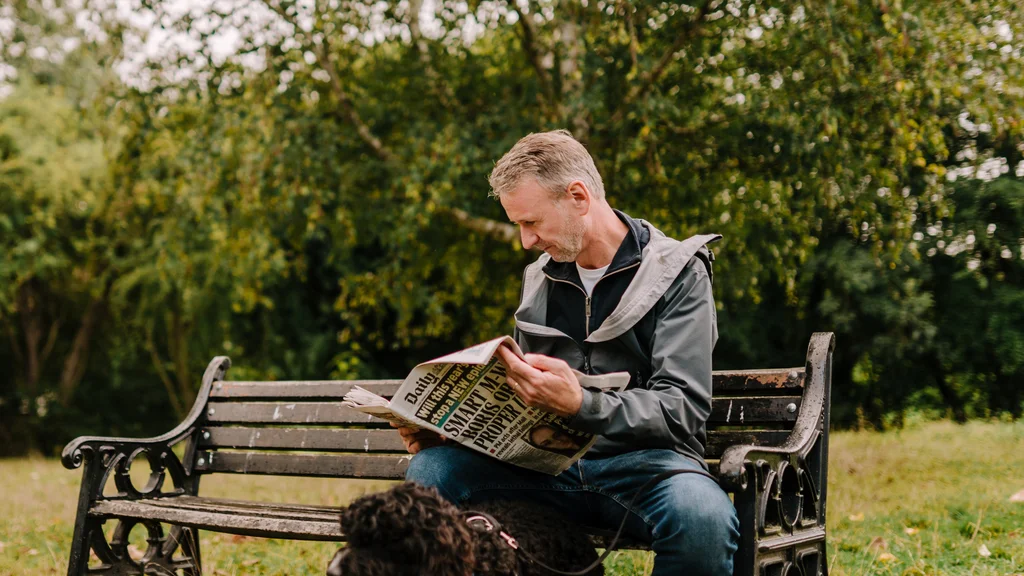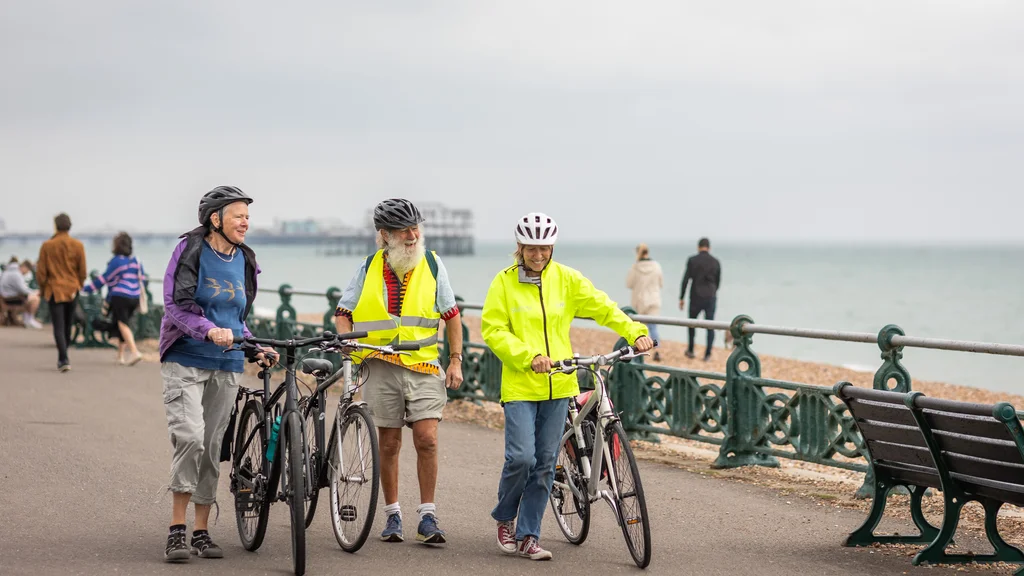Notice it
The first step is to notice ageism. Look for ageism in:
- The language we all use every day: How many times have we found ourselves using phrases like 'too old for this' or ‘you look great … for your age’? These phrases sound trivial but can have a big impact.
- The assumptions we make: Ever thought you couldn’t do something because of your age? Or thought someone older might not want to take part in an activity? It’s easy to make assumptions but it can create unnecessary limits. Take our quiz to find out how ageism affects everyday life.
- How older people are represented: On TV, in books, on social media – are older people there? And if they are, what are the roles they have? Are a range of experiences of life and ageing represented or are they stereotypical?
Questions like 'do you use email?' when I’ve worked with computers for 30 years! Or 'can you get up the stairs?' or 'do you need assistance?' It’s low-level but people constantly underestimate your abilities.
Challenge it
Once you’ve noticed ageism, you can challenge it by:
- Having conversations: Talk about ageing and ageism at home, work, and in your community. Get inspired by other people sharing their experiences.
- Learning: Learn more about how ageism effects people’s lives everyday – from work to health to hobbies to relationships.
- Changing our language: Avoid using phrases and stereotypes about ourselves and others that are negative about older people. The words seem small but they can have a big impact.
- Sharing and commenting: Use a poster, postcard or social post to get more people thinking and talking about this issue. And follow, like and share content that challenges ageism.
- Getting older people represented: Call on the media and advertisers to show people of all ages fairly and avoid stereotypes of older people.
TOP TIP - Social media can be an effective tool in highlighting ageist language and assumptions. Use the hashtag #AgeWithoutLimits and start questioning ageist stereotypes.

In conversations
Whether you speak with family and friends, start a conversation with people in your community or at work, when more of us talk about ageism, more of us are aware of it, and the less people will experience being treated negatively because of their age.

In the media
How often do you get frustrated when you see media stories about ageing that rely on lazy stereotypes about older age as an inevitable time of decline and frailty?
Find out how you can join our call for the UK press regulator to include age in its rules around avoiding discrimination.
